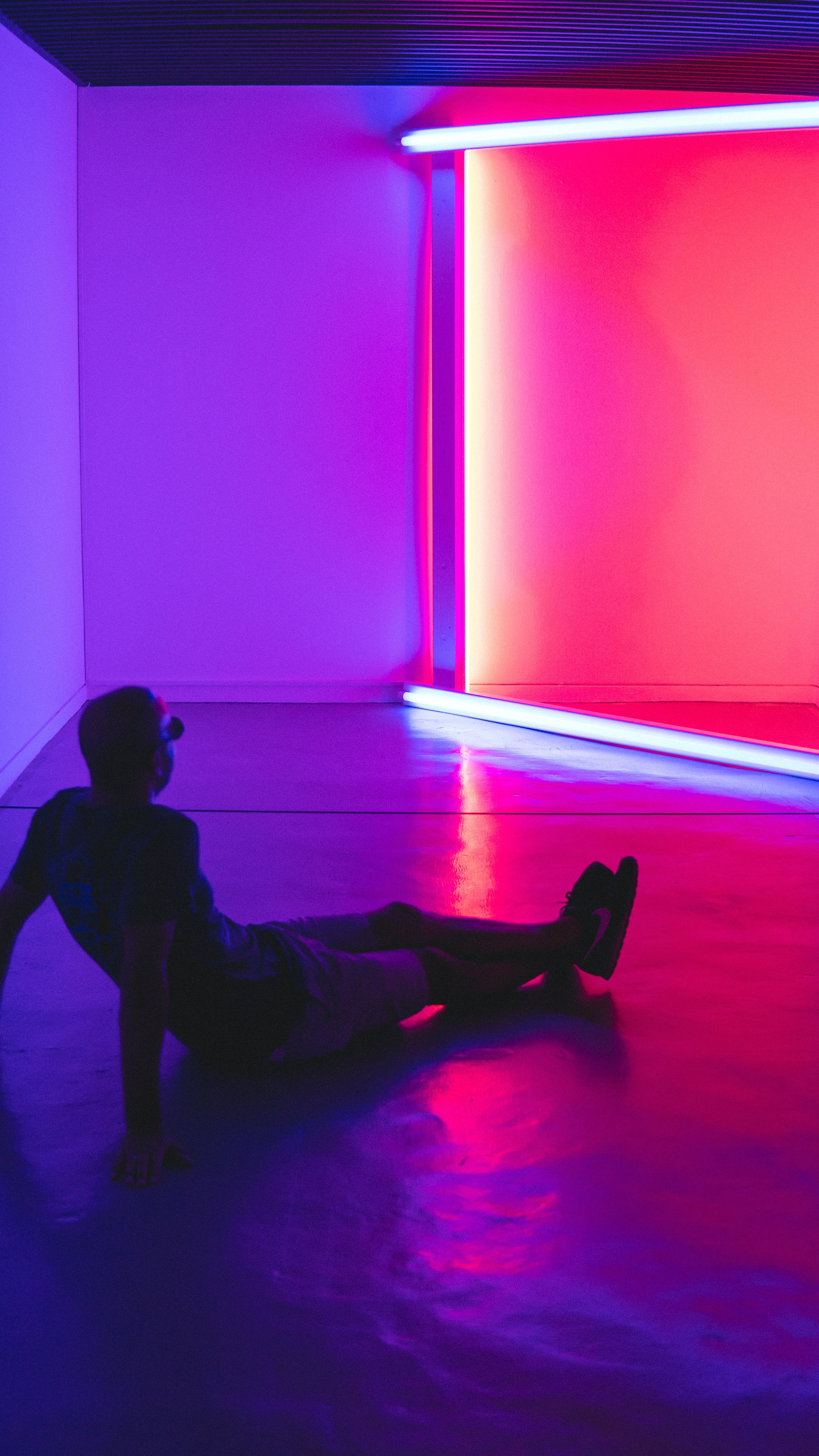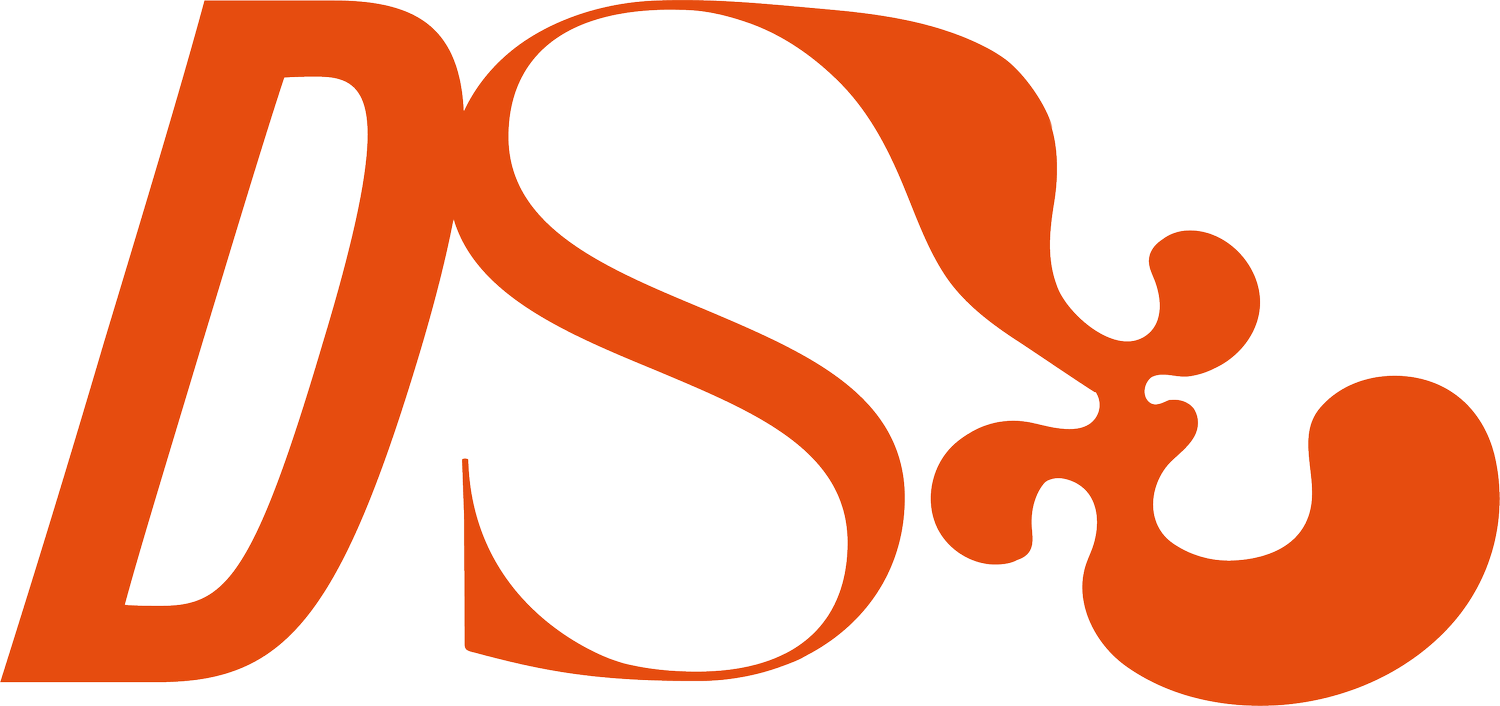
The DSL comprises two research groupings that we characterize as archipelagos: The Open Boat Lab (MSU) and the Community Knowledge Lab (JHU). The Open Boat Lab (dir. Dr. Yomaira Figueroa-Vásquez) develops community organizing, storytelling, and curatorial skills. The Community Knowledge Lab (dir. Dr. Jessica Marie Johnson) develops digital, radical media, and community research skills. Within and across this archipelago, microlabs and incubators populate. Loose, fluid, and responsive, the DSL responds to the exigencies of the current moment. Because our aim is to develop and share models for new intellectual practices and knowledge communities, not products, the islands within the DSL demonstrate this same fluidity and commitment to participatory praxis and collaboration.
Allied Media Projects defines radical media as “any collaborative process that uses media, art, or technology to address the roots of problems and advances holistic solutions towards a more just and creative world.” Or, as Édoaurd Glissant wrote: “Nos barques sont ouvertes, pour tous nous les naviguons”

Open Boat Lab
Directed by Dr. Yomaira Figueroa-Vásquez, the Open Boat Lab supports creation of digital archives, museum and gallery exhibits, and community workshops. OBL builds ethical digital archives informed by community centers, public art and organizing practices, and offers online and in-person workshops that help to transform how we approach knowledge production, storytelling, documentation, and archives.
-
TSP (dir. Yomaira Figueroa-Vásquez) is the primary microlab and takes its title from the work of Frank Espada’s landmark photography project The Puerto Rican Diaspora: Themes in the Survival of a People. Building on Figueroa-Vásquez’s current public facing research, TSP extends beyond the bounds of Espada’s project to document the survival of contemporary Afro-Puerto Rican, archipelagic, and diasporic communities. Year 1: the microlab will digitize, transcribe, and translate the 140 interviews conducted by Frank Espada conducted between 1979-1983. These will be archived and sustained long-term in collaboration with the Center for Puerto Rican Studies (CENTRO) and will be made available for public use and research. create a digital site that samples the interview audio and layers it the RCAH LookOut! Gallery at MSU with AbleEyes technology. Year 2: the microlab will create a digital site that samples the interview audio and layers it within accompanying Diaspora Project photographs and curate a gallery exhibition at the RCAH LookOut! Gallery at MSU with AbleEyes technology. Year 3: the lab expands to consider “the survival of a people” in contemporary contexts and members will interview, document, and create a digital archive which will include site maps and digital media including oral interviews, photographs, short films, and ephemera. To culminate we will curate and execute the exhibit “The Survival of a People” at the MSU Broad Art Museum (and will plan the subsequent traveling exhibit). The lab will provide its members (and all DSL members) training in transcription, translation, community-based documentation, and ethics of media and photography.
-
The Afro-Latinx Lab (dir. Yomaira Figueroa-Vásquez) supports curation, storytelling, and popular education across the Black Latinx diasporic experience. The lab will create digital archives, museum and gallery exhibits, and community workshops and open seminars. The lab builds ethical digital archives informed by community centers, public art and organizing practices, and offers online and in-person workshops that help to transform how we approach knowledge production, storytelling, documentation, and archives.
-
After the Storm (dir. Yomaira Figueroa-Vásquez) builds on the MSU #ProyectoPalabrasPR project and the 32 interviews of Afro-Puerto Rican women conducted after Hurricane Maria. The lab leads will use digital maps and audio/visual media to trace the stories of survivors of ecological disasters in the Caribbean and the US south. Using the interviews as a point of departure and building on the work of the lab leaders, the lab will link these stories of survival and mutual aid to historic and recent hurricanes, tornadoes, and other natural disasters in Black and Indigenous communities in the U.S. south. Lab members will conduct interviews, research archival documents, and mine social media to build an archive that is attentive to the temporal and spatial expanse of storms and disasters. This microlab will create a public StoryMaps that centers Afro-diasporic and Indigenous reflections on, and responses to, climate change and ecological and political upheaval.
-
(dir. Stephany Bravo) Archivo Tres Diez is an archival collection organized into four series: I. Photographs; II. Testimonios; III. Publications; and IV. Ephemera. Tres diez or three ten refers to one of the area codes designated to the city of Compton, California. Archivo tres diez seeks to document through photos (polaroids), ephemera (clothing), and audio-visual recordings (testimonios) to create an archive of the summer of 2023. This microlab will produce an archival collection and a public parks exhibit in Compton, CA that will feature a “tres por diez: tres diez” photo installation. Led by Compton born and raised DSL fellow Stephany Bravo, this archive builds on her current graduate research at MSU. The project is grounded in partnerships with established organizations such as Color Compton, “geared towards working with the youth to build community relationships among people of color while exploring identity, and creating art.” Color Compton has already begun to think through archives and curations outside of institutions such as the academy, hosting “Compton Community Archive” and “The Power of Your Narrative” which allow Compton’s youth to take to the streets and photograph the landscapes of their upbringing while simultaneously being critical of the histories that emerge. Together Color Compton and archivo tres diez can collaborate in expanding a vision of Compton’s narratives through materials already accumulated.
-
Taller Electric Marronage is a digital/material project founded in 2018 that features writing, visual/audio art, events, and a monthly blog that centers concepts and practices of marronage, fugitivity, and Black feminist freedom practices.

Community Knowledge Lab
''The Community Knowledge Lab '' trains DSL members in digital skills, supports research initiatives, and runs incubators where members learn methods and theories for centering community/indigenous knowledge practices.




